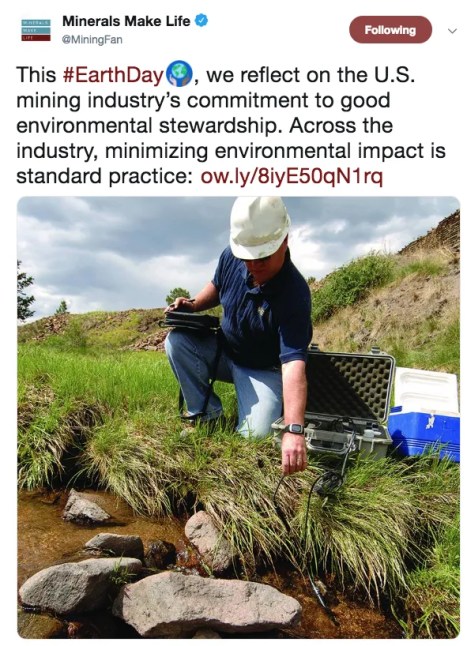 China’s Far From Done With Coal as Regulator Eases New Plant Ban
China’s Far From Done With Coal as Regulator Eases New Plant Ban
Bloomberg News, April 19, 2019
The decision underscores how dependent on coal the world’s second-largest economy still is, even as it invests hundreds of billions of dollars in cleaner energy sources such as natural gas, wind turbines and solar panels. While coal’s share of China’s total energy consumption fell to 59 percent last year, the growth in the country’s total energy consumption meant burning of the dirty fossil fuel actually increased by 1 percent.
Related: China to promote using wind energy to power heating
Oil Hits Six-Month High as U.S. Ends Waivers on Iran Oil Imports
Dan Molinski, The Wall Street Journal, April 22, 2019
- Oil prices surged Monday to their highest level since late October after the White House said it was ending waivers for countries to import Iranian oil, a move that could put a squeeze on global crude supplies.
- West Texas Intermediate futures, the U.S. oil benchmark, was 2.3% higher at $65.50 a barrel on the New York Mercantile Exchange, putting it on track for its highest close since Oct. 31.
- Brent crude, the global oil benchmark, was up 2.3% at $73.64 a barrel on London’s Intercontinental Exchange.
Exxon Mobil inks LNG sales deal with China
Jordan Blum, Chron, April 22, 2019
The contract comes as Exxon Mobil is beefing up its LNG project investments from the Texas Gulf Coast to the Eastern Mediterranean. Exxon already has existing LNG operations in Qatar and Papua New Guinea that can provide much of the China shipments.
Related: China is joining the rush for Arctic riches
Regulating U.S. Mining
A fact sheet by Minerals Make Life, April 16, 2019
Mining is one of the most heavily-regulated industries in the world. The Mining Law of 1872 – which governs prospecting and mining for minerals like gold, copper, silver and lithium – led the U.S. to become a global leader in minerals mining, and helped advance innovations in energy, healthcare, manufacturing and defense technology. It is complemented by exhaustive modern federal and state environmental, ecological and reclamation laws and regulations to ensure that operations fully protect public health and safety, the environment, and wildlife.




